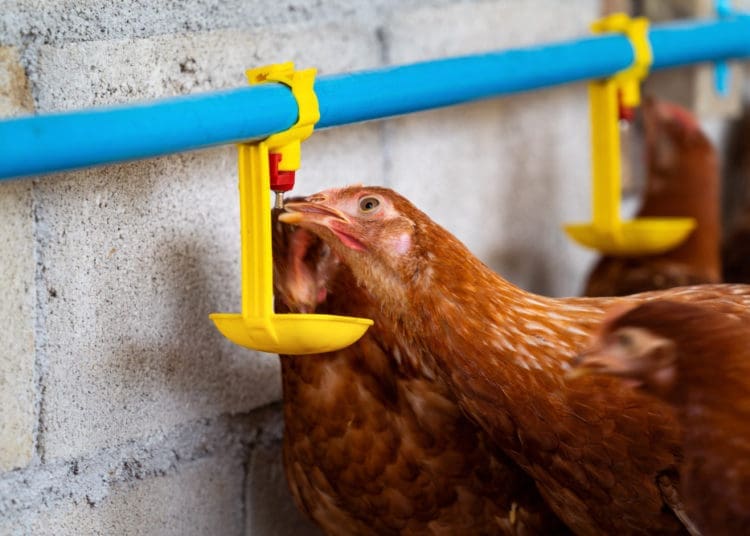A beneficiary of the Poultry Sector Masterplan says that although she has benefitted from it, the government can do a lot more by reaching out to rural poultry farmers. Poultry farmer Lebohang Dhludhlu was speaking on the impact of the government’s Economic Reconstruction and Recovery Plan (ERRP) following the release of its progress report. The poultry plan forms part of eight master plans through which various government organs seek to inject growth into targeted sectors, and these form part of the ERRP.
The report covers work done from November 2020 to June 2022. It notes that through the master plans, R546.1-million has been disbursed to support 58 SMMEs, which created 3211 jobs. In addition, 56 SMMEs received R423 million.
Dhludhlu, who co-founded the Mpumalanga-based farm Nkanyezi Farming, told Vutivi News that she was assisted by the government in receiving equipment for the abattoir and the hatchery she was currently building. She said that when these projects were completed, they would create more than 32 jobs. While the farmer lauded the government’s efforts in helping small-scale poultry farmers, she said its services aimed at rural-based poultry farms needed attention.
Dhludhlu believes that the main issue lies around imparting necessary information to these farmers. “There is not much mobilisation done especially for rural farmers, and they struggle to get access to information like how to formulate business plans, do marketing and branding, and how to turn their poultry farms into successful and profitable businesses,” she said.
“These farmers are not aware that the government has economists that are mandated to assist them with drafting a business plan. “Farmers that are based in urban areas are exposed to information and opportunities to access information, but the same cannot be said for rural farmers.” On funding, Dhludhlu criticised both small farmers’ lack of readiness and the government’s lack of assessing small farmers’ readiness. “I believe that a lot of these farmers may have the infrastructure and the input, but they may not be ready to receive the funding,” she said.
“The government itself should ensure that these farmers are made ready to access and to use the funding available to them so that their businesses can be more successful,” Dhludhlu said that in order for the poultry master plan to be more effective, the state must host more informative engagements in rural areas. “I believe that hosting imbizos such as the Presidential Imbizo in rural areas would be really beneficial for rural farmers,” she said.
“It is not that these farmers are lazy. They simply have no means or knowledge as to how to move forward, and the government should pull its weight in this regard.” While the state is working on other master plans, it has so far completed plans for poultry, retail, sugar, automotive, furniture, steel, tourism and forestry.

































































